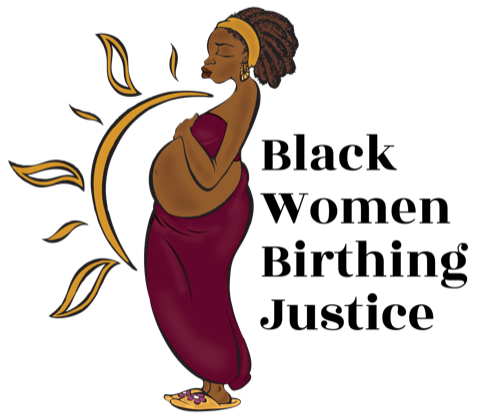Black Midwives: Legacies of Resistance
Black people are under siege. This is not new; Black people have been under siege since the first European imagined our bodies as distinct from, even void of, our souls. Though the intensity of the attack seems unbearable at this moment, our history in this country has never been without it. We have always been under siege. And we have always resisted.
To adequately subdue a people, to make suitable slaves, it is necessary to destroy some things. It is necessary to destroy their connection to their land, their connection to their people, their connection to their gods, their connection to their very selves, and their connection to their histories and their futures. In the bleakest of circumstances, there have always been those amongst us who stood in the balance, preventing destruction. Those who were the rebels, the resisters, and the revolutionaries protected the connections, masking them, creating new ones where necessary.
Black midwives have always been an essential element of the resistance and survival of Black people. From the moment our ancestors arrived on these shores, Black midwives have guided Black people at the gateways of life and death. Finding themselves in a different environment but with a similar climate Black midwives adapted their methods of healing. They learned from indigenous communities and exploration how to navigate the medicines of this continent and developed practices specific to the needs of those they served. Like their indigenous sisters, sometimes those practices included providing desperate women with roots and remedies to prevent pregnancy or bring about abortion.
But no method of survival is safe for an oppressed people. In the early 20th century, the medical industry launched systematic efforts to demonize, criminalize, and eradicate midwives. In the South, those midwives were predominantly Black women, though they served varying populations. The attempts began as seemingly benign systems of regulation and oversight, including such requirements as recording birth and death certificates. However, for an aging and largely illiterate population, these new regulations were incredibly difficult and detrimental. Methods of training and preparation that had been used to pass down practices through generations were seen as insufficient and training schools were developed, putting midwifery education out of reach for many of those from poor and rural communities, due to both cost and distance. Practices and medicines that were largely rooted in Black and indigenous spiritual and healing traditions were deemed “witchcraft” or superstition, and nearly disappeared.
As the elimination of Black midwifery was nearing completion, the country marveled at the “resurgence” of natural birth taking place through White midwives like Ina May Gaskin and the women of The Farm in rural Tennessee. These White midwives romanticized a previous era of Black midwifery, while being woefully unreflective of their role in rending Black midwives invisible, both through pushing for regulation at the expense of the Black midwives of this “bygone” era, and centering themselves and their experiences such that there was no mention of Black midwives who were their contemporaries.
Nonetheless, there were, still are, and have always been Black midwives. Trailblazers like Shafia Monroe, founder of the International Center for Traditional Childbearing, and Sarahn Henderson keep the legacy of Black midwifery alive, and support the development of a new generation of Black midwives. This new generation remains at the center of Black resistance. As maternal mortality rates rise in the Black community, Black midwives are ensuring that Black mamas lives remain at the center of conversations about women’s health. They are on the frontlines helping pregnant Black women move through the trauma and fear of racism to have healthy pregnancies, empowering births, and happy children. Black midwives are not only standing with activists and organizers in various social justice movements, they are building a birth justice movement for us all.
In this moment, when Black lives are under siege in ways many of us have not witnessed in our lifetime, there are none more important than the rebels, the resisters, and the revolutionaries. Black midwives play those roles and so many more. We lift them up today and everyday.
Tamika Middleton is a life-long social justice advocate, committed to examining and fighting against racial, gender and economic oppression. In addition to her work as an organizer, writer, performer, birthworker and mother of two homeschooled little ones, Tamika is a Writing Fellow at the Center for Community Change. You can follow Tamika @CombaheeFree.
